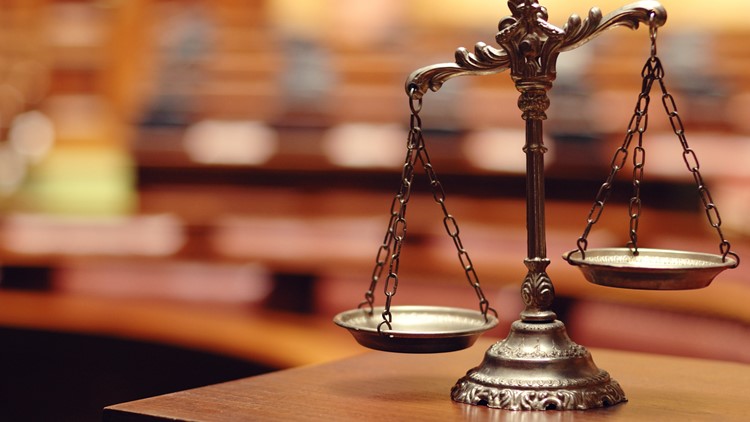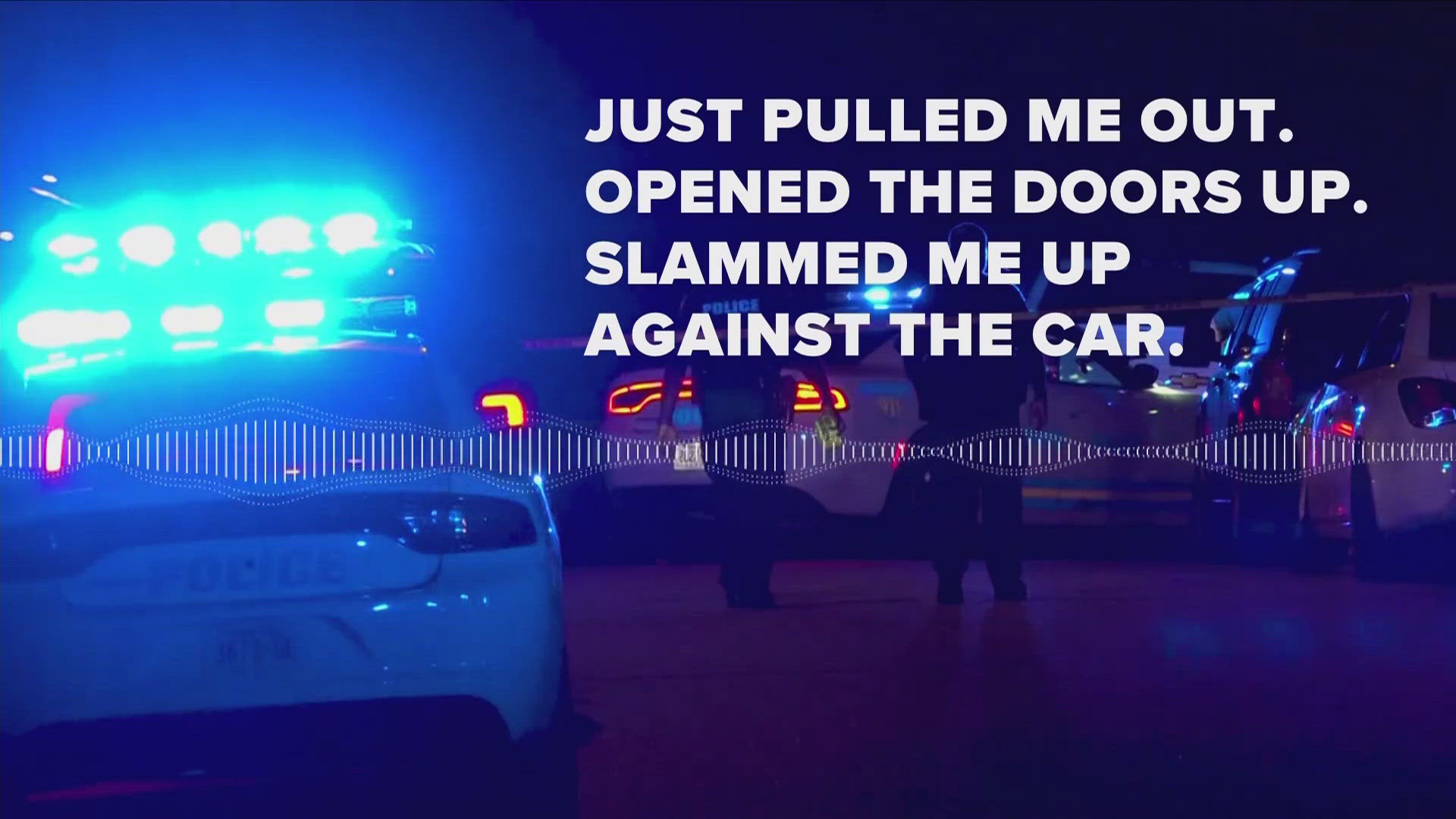MEMPHIS, Tenn. — Shelby County’s Mental Health Court is expanding.
Tuesday, Shelby County Mayor Lee Harris, General Sessions Court Judge Gerald Skahan, Chief Public Defender Phyllis Aluko, and District Attorney General Amy Weirich made the announcement in a news release.
The mental health court began in 2016 under Skahan. It provides healthcare, counseling, and housing and employment assistance as an alternative to jail. Those who qualify suffer from severe mental illness and are charged with nonviolent crimes.
Shelby County Government leaders said the expansion is being paid for through funds from the American Rescue Plan Act budget.
Mayor Harris said the expansion would allow the court to double its capacity for participants.
“Investment in access to mental health resources can help reduce crime in our community. Participants in mental health courts are less likely to reoffend than those who go through the traditional criminal justice system. Mental Health Court changes lives and we are thrilled to expand its capacity to serve,” said Harris.
“We opened the Shelby County Mental Health Court to help those who are living with severe, often untreated, mental illnesses and have become entangled in our criminal justice system,” said Judge Skahan. “All too often everyone has given up on our participants, but we refuse to do so. These additional resources will allow us to double our capacity to serve Shelby County residents.”
“We have a moral responsibility to connect those who are living with severe mental illnesses to appropriate mental healthcare in lieu of incarceration,” said Aluko. “Our office supports the mission of the Mental Health Court and stands ready to work with all necessary stakeholders to expand available critical services for our clients and the community at large.”
“The Mental Health Court allows us to properly serve non-violent offenders who suffer from severe mental illness with the appropriate resources. For many offenders, this intervention prevents future criminal conduct and puts them on a path toward becoming a productive citizen,” said Weirich.



